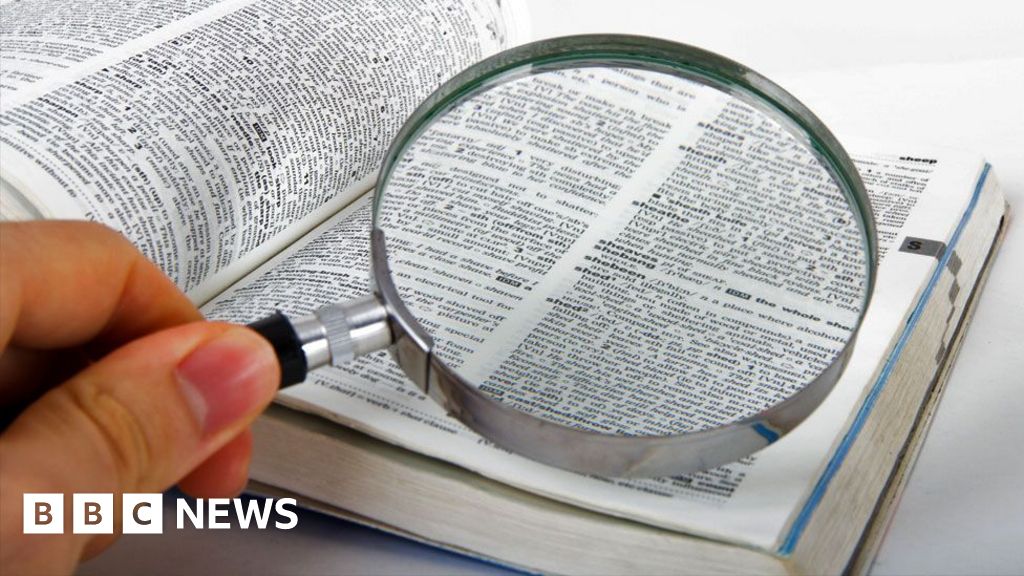
Discover the Latest Additions to the Cambridge Dictionary
The English language is ever-evolving, shaped by internet culture and societal changes. This year, the Cambridge Dictionary has recognized the influence of social media and workplace trends by adding more than 6,000 words. Among the new entries are terms like “Skibidi”, “tradwife”, and “delulu”, which have taken the internet by storm.
What is “Skibidi”?
The term “Skibidi” became a sensation thanks to a viral animated video series on YouTube called Skibidi Toilet. The word itself is defined as versatile slang that can mean both “cool” or “bad” or sometimes be used nonsensically for comedic effect. A popular example includes someone exclaiming, “What the skibidi are you doing?” Interestingly, the word traces back to 2018 when the band Little Big released the track Skibidi, accompanied by a music video that has amassed over 700 million views and even sparked a viral dance trend.
Who is a “Tradwife”?
Another intriguing addition is “tradwife,” a shorthand for “traditional wife.” This term often refers to a married woman who embraces traditional roles such as cooking, cleaning, and caring for children, but notably shares their lifestyle on social media platforms. The idea of a “tradwife” has sparked discussions about modern roles within families and gender expectations in today’s world.
“Delulu” and Work-Related Additions
Social media users have also made the term “delulu” (short for delusional) a part of online conversations, often playfully describing someone who has unrealistic or overly-optimistic thoughts about a situation.
The workplace has also influenced new dictionary additions including “mouse jiggler,” a gadget or software used to simulate activity on a computer to appear working remotely. Other workplace-inspired terms such as “work wife” or “work spouse” have also solidified their place, referring to close and reliable workplace relationships built on trust.
Distinctive New Entries Worth Noting
Among the more niche entries is “broligarchy,” a fusion of “bro” and “oligarchy,” describing a small group of wealthy and powerful men, particularly in the tech industry, who wield significant influence. This term was notably used to describe prominent figures like Elon Musk and Jeff Bezos attending high-profile events.
The Cambridge Dictionary’s Approach to Change
According to Colin McIntosh, the lexical programme manager at Cambridge Dictionary, the team carefully deliberates on which words to add, prioritizing those with the potential for longevity. “Internet culture is changing the English language, and the effect is fascinating to observe and capture,” McIntosh shared.
Spotlight Product for Linguistic Trends Enthusiasts
If you’re fascinated by language trends, check out the legendary Oxford English Dictionary subscription. With monthly updates and the latest iterations of vocabulary, this tool is perfect for linguistics lovers or writers seeking to stay ahead. Explore the subscription at Oxford English Dictionary Online.
Why These Words Matter
The addition of these words reflects how society adapts and evolves in tandem with technology, media, and culture. From remote work innovations to slang born from viral trends, each term offers a fascinating snapshot of our ever-shifting world.



